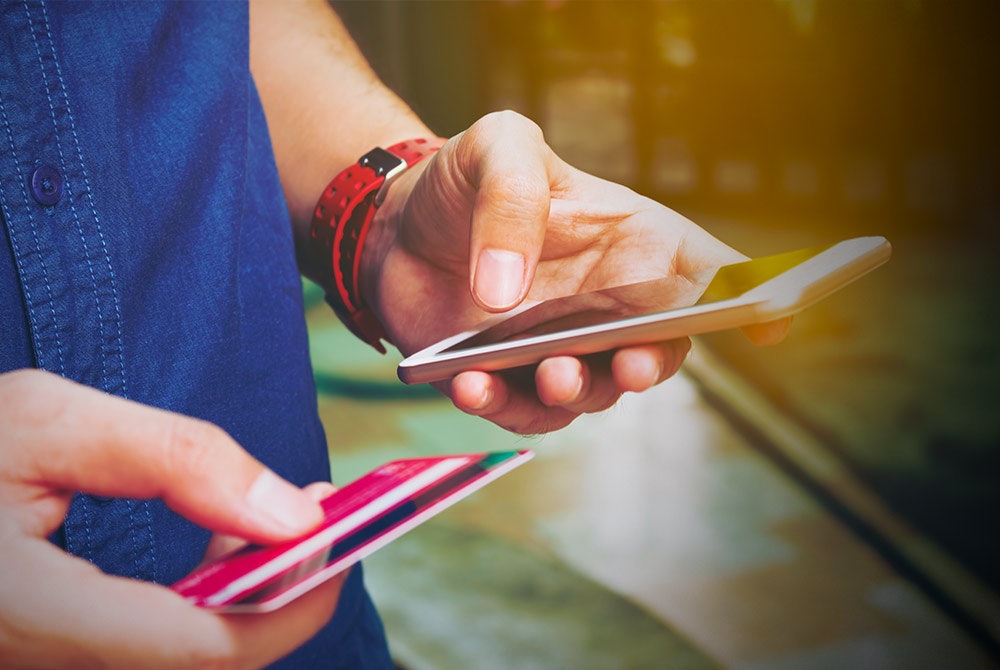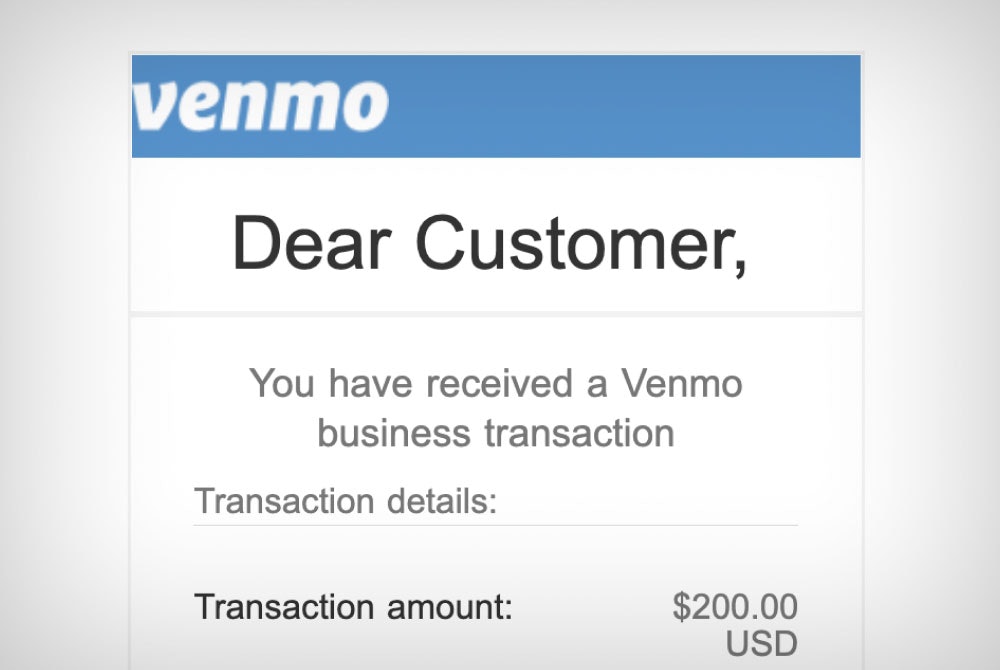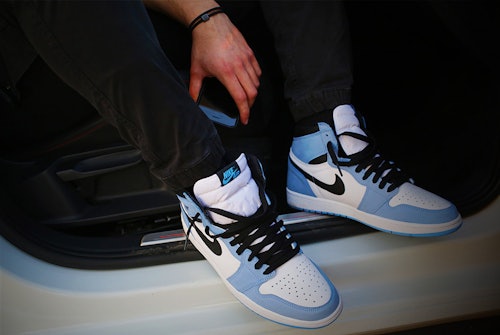- How to Identify Cash App Scams
- What Are the Best Practices when Using Cash App?
- What to Do if You've Fallen for Cash App Scams
- Common Cash App Scams
- Frequently Asked Questions
Cash App, a popular app used to transfer money to and from other people, is heavily targeted by scammers looking to exploit the app's users. With all the different tricks that fraudsters are coming up with to steal your money, it's essential to know how to stay safe while using the app and beat Cash App scams.
How to Identify Cash App Scams
Scammers who use the Cash App as their route to easy money will either try to steal the credentials you use to log in to the Cash App or trick you into sending them money. Whichever they choose, your money could be at risk.
Scammers will use fear or a sense of urgency, hoping you will act before you think. So it's important to stay calm and think through your options—your money is at stake.
Cash App's Official Social Media Accounts
- Twitter: @CashApp
- Twitter (Support): @CashSupport
- Instagram: @cashapp
Here are a few things to watch out for to ensure you don't get scammed on Cash App:
- If something sounds too good to be true, it probably is.
- If you are required to make a "small deposit" to get your free money, it's a scam. Legitimate giveaways don't require payments.
- Official Cash App emails will only come from @square.com, @squareup.com, or @cash.app. If the email is from any other domain, it is a scam.
- Emails from the cash app will only contain links to square.com, cash.app, or cash.me. If there are other links in the email, it did not come from Cash App.
- Cash App support will never ask for your password, PIN, Social Security number, or similar details. Any request for such information is a scam.
- If the email or message contains misspellings and grammar mistakes, then you are likely dealing with a scammer.
- If a DM about your sweepstakes win doesn't come from the official @CashApp Twitter account, then ignore it.
- Don't send money via Cash App to someone you don't know.
What Are the Best Practices when Using Cash App?
If you are vigilant, you can prevent scammers from tricking you or getting access to your account details or funds. The Cash App uses innovative encryption and fraud detection to help secure your money and data, but this doesn't protect your money from scammers who trick you into sending cash.
Don't Send Money to Strangers
Cash App warns against using the app to send money to people you don’t know. The app was designed for conducting transactions with people you know and trust. If you need to transfer money to strangers, use a different tool or app that provides some fraud protections, like PayPal.
Here are some tips that will help you stay safe while using Cash App:
- Don't send money using Cash App to people you don't know.
- Only respond to messages from the official Cash App social media or email accounts.
- Don't enter sweepstakes competitions that aren't from the official Cash App social media accounts.
- Don't transfer money to someone first to win cash prizes.
- Don't click on any links in emails you receive from Cash App that look sketchy.
To add extra security to your Cash App account and prevent hackers from accessing it:
- Use a secure Cash App PIN and change it if you think someone knows it.
- Enable two-factor authentication on your account.
- If you access the Cash App through a device other than your own, log out when you are done.
- Enable Security Lock on your app so that every payment requires your Cash App PIN.
- Enable text or email notifications of Cash App payments so you are notified of every money transfer.
- Secure your mobile device with a passcode so that no one but you can access it and your Cash App.
- Secure the email connected to your Cash App account with two-factor authentication so that scammers can't use your email account to their advantage.
What to Do if You've Fallen for Cash App Scams
If you are sure you have been scammed by someone using the Cash App, it is time for damage control. Here are some things you should do:
- Contact Cash App support and notify them of the issue, so they can provide help and warn other users.
- If you can still log in to the Cash App, change your password immediately to prevent further damage.
- Contact any of the credit card companies or banks involved and notify them of the incident. They may shut down your cards and reverse fraudulent charges to prevent as much damage to your finances as possible.
- Report the scam to the authorities.
- Learn how to stay safe online, so you don't fall victim to other online scams.
It's important to verify links and contact details to beat imposters.
Common Cash App Scams
Cash App scams can take on a variety of forms. Scammers are creative, and since the Cash App could give them direct access to your money, they have come up with multiple ways of tricking you into giving them access to your funds or information. Here are some of the most common Cash App scams to be aware of.
Be Wary About Requests for Money via Cash App
Not all people who request money via Cash App are trying to scam you. However, many scammers use the app to steal money due to the lack of seller or buyer protection given to Cash App users.
Cash App Giveaway Scam
Cash App holds periodic sweepstakes, which they announce on their Twitter account, but these sweepstakes never require you to provide your sign-in code or PIN, make a purchase, download an application, or complete a "test" transaction. Scammers prey on people who have entered these sweepstakes because they are publicly visible since joining usually requires a user to retweet a message.
In this Cash App scam, scammers send entrants a direct message telling them they won something in an alternate sweepstake. Then they may ask for money to "verify your identity" or ask you to log in to a fake website that will steal your credentials.
Cash App Scams Involving Fake Customer Support
Because Cash App does not provide direct access to its customer support, many customers have resorted to searching online to find a customer support number. Unfortunately, unsuspecting customers may search Google for Cash App support and end up on a website that looks legitimate but is a scam.
Sometimes the website will provide a number, and when a Cash App user calls, they have them install software to steal information and money under the guise of providing remote support. Other Cash App scammers will ask for the debit or credit card details you use in the app or your linked bank account information to access even more funds. Always contact Cash App support through the official app or website.
Cash Flipping Scam
Cash App scammers may try to convince you that they can "flip" your money. They promise to increase your money, but first, you must pay an "account verification fee" or "clearance fee." These scammers will disappear as soon as they get your Cash App payment. Cash App will never request funds from a customer.
In other cash-flipping schemes, the scammer may "flip" your money, sending you much more in return for your first few payments. However, this is just what they do to suck you in. They essentially prove the concept in the hopes that you'll continue to "invest" in them. Once you've sent them a decent amount of cash to flip, that's when they take off with your money.
Cash flipping scams happen on several money transfer apps and are common investment scams to watch out for.
Pet Deposit Scam
Many scammers claim to have purebred dogs, cats, or other animals. They may build a complete website and post pictures of the pets they have for sale on social networks. When contacted, the scammer will require a deposit via Cash App to secure one of the animals and then disappear with the money.
Rental Deposit Scam
Another common scam that targets Cash App users is the rental deposit scam. This is like the pet deposit scam but could cause a loss of even more funds. Cash App scammers will promise apartments at a cheap rate and for a limited time, but you will need to "lock in" your apartment with a deposit via Cash App, which they will steal.
Fake Cash App Receipts
If you're selling things to people and accepting Cash App as payment, always check your account to confirm that payment was sent—don't believe a screenshot or "promise" from a buyer that they've paid you. Even if someone sends you "proof" of the payment, they could send a fake receipt or even a fake Cash App link that takes you to a phony payment confirmation or Cash App transactions page.











Comments